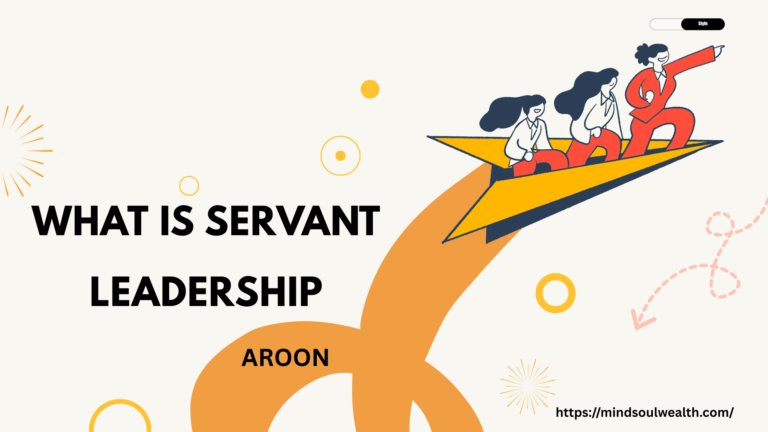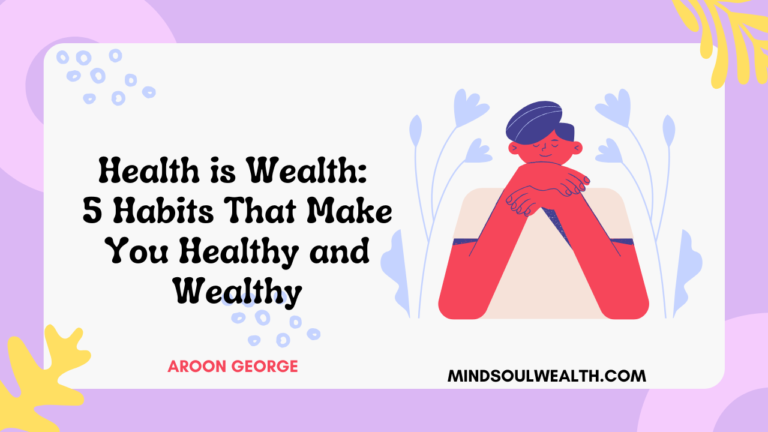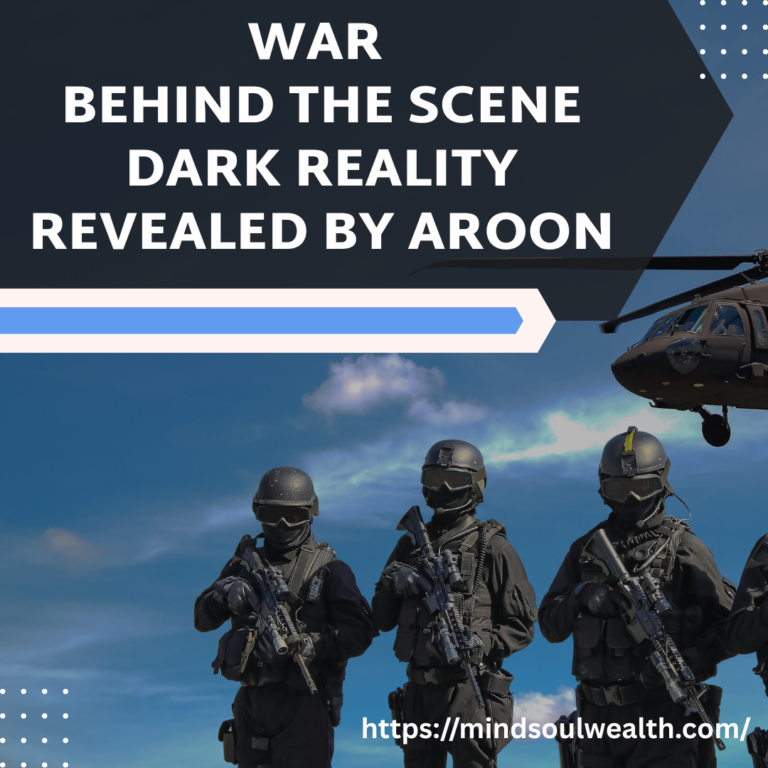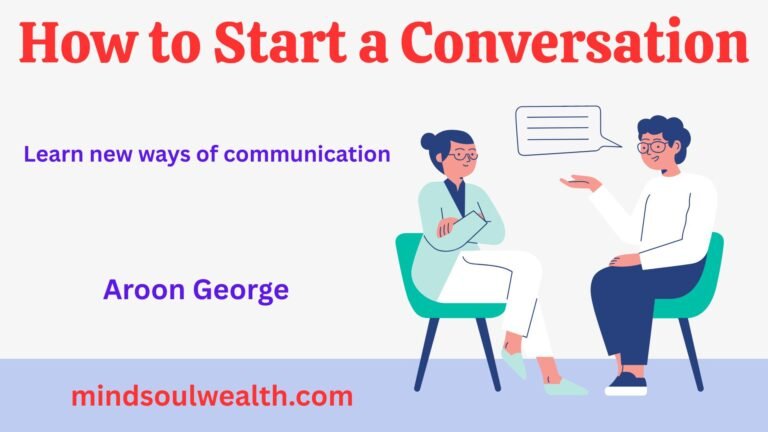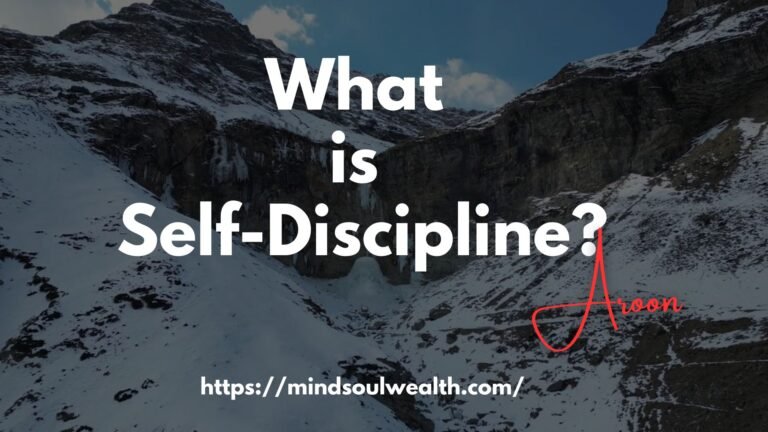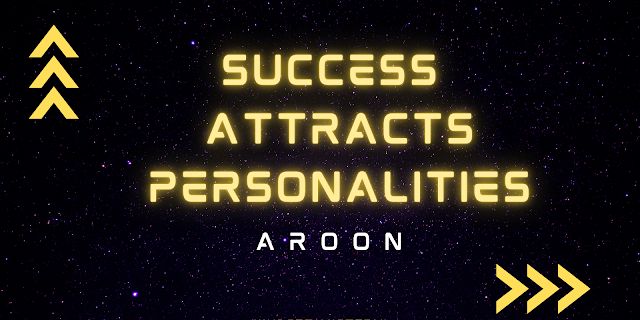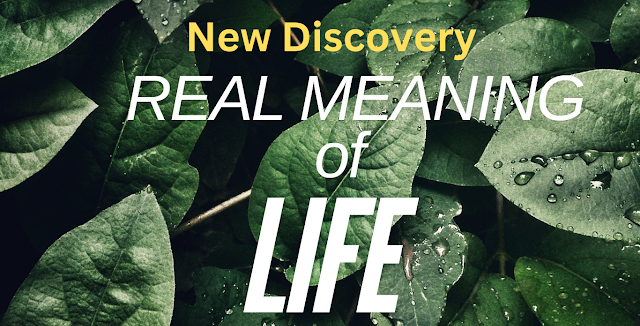
The meaning of life can be understood by looking at the history of civilization. When the first humans appeared on Earth, they were filled with wonder and shock. Over generations, they developed two essential tools: observation and skills. These tools evolved into experience, passed down through generations.
Observation and Skills = Experience
As civilization advanced, it experienced countless ups and downs—wars and peace, joy and sorrow. These experiences shaped our lives, and today we find ourselves relying on the same tools of observation and skills.
Achievements of Civilization
Humanity has accomplished remarkable things:
- Agriculture: We learned to cultivate the land.
- Urbanization: Cities were built, fostering community and trade.
- Industry: We developed manufacturing and production.
- Technology: Innovations transformed how we live.
- Medicine: We advanced our understanding of health and healing.
Areas for Improvement
Despite these achievements, there are critical areas where we have fallen short:
- Inequality: We have not addressed the disparities in wealth and resources.
- Food Distribution: We have failed to ensure everyone has access to adequate nourishment.
- Relationships: We often neglect the importance of building strong, supportive connections.
- Emotional and Logical Growth: We have not sufficiently focused on mental health and emotional intelligence.
- Basic Rights: Many people still lack fundamental human rights.
Collective Struggles
If our civilization struggles, it follows that we as individuals are struggling too. Many people are turning to self-help books and resources on emotional control, financial development, and decision-making. This reflects a widespread quest for understanding and improvement.
The Importance of Observation and Skills
To navigate these challenges, we need to sharpen our tools of observation and skills:
Observation
- Self-Reflection: Examine your mindset and state of being.
- Problem Approach: Consider how you tackle challenges.
- Emotional Awareness: Understand your feelings and those of others.
- Beliefs: Reflect on what you consider ordinary versus extraordinary.
- Reactivity: Assess how you respond to situations and how you can be more proactive.
Skills Development
- Self-Understanding: Cultivate a deeper awareness of yourself.
- Emotional Control: Learn to manage your emotions effectively.
- Proactivity: Take initiative in your personal and professional life.
- Financial Literacy: Gain skills for financial independence and stability.
- Pursuing Happiness: Find what brings you joy and fulfillment.
- Family Improvement: Work on nurturing and enhancing family relationships.
Zoom In and Zoom Out Theory
- Zoom In: We understand the meaning of life through self-improvement, utilizing observation and skills to gain experience.
- Zoom Out: We comprehend the meaning of life through the history and struggles of civilization.
Conclusion
The search for meaning in life is ongoing, shaped by our experiences as individuals and as a civilization. By honing our tools of observation and developing essential skills, we can better navigate our struggles and work toward a more equitable, fulfilling existence. In this journey, we find purpose in growth, understanding, and connection.
